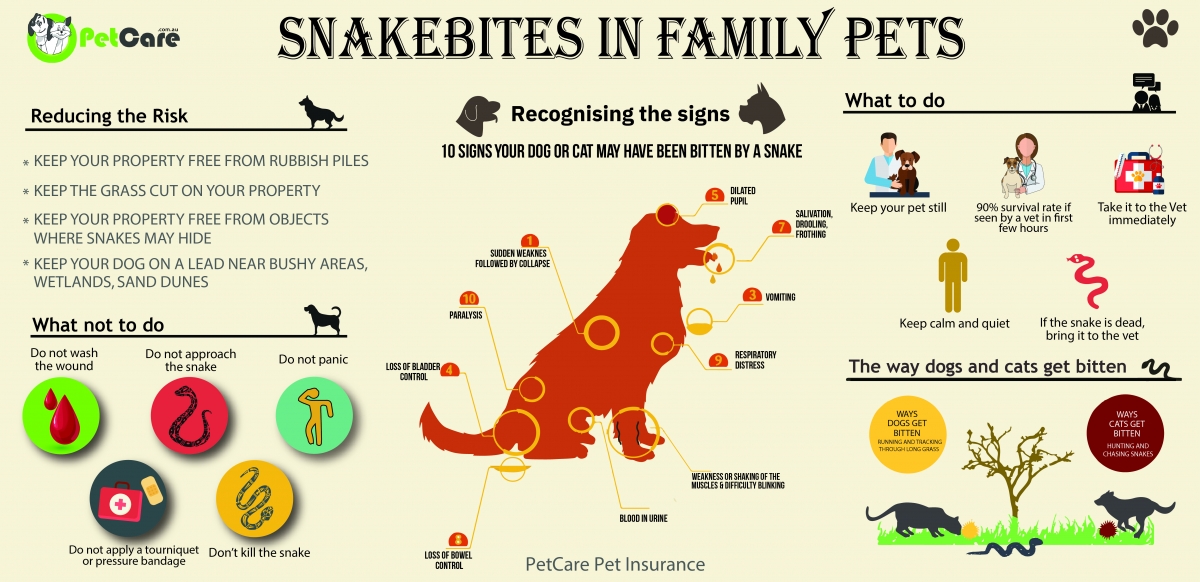 Tis’ the Ssssseason for Snakes
Tis’ the Ssssseason for Snakes
With sunny skies on the horizon, it’s no wonder people and animals alike enjoy relishing in the great outdoors. And when it comes to soaking up the sun, rattlesnakes are no different. Rattlesnakes in particular go through an annual hibernation, usually from November until February. So when temperatures start to rise, you can count on rattlesnakes to begin their outdoor excursions. Southern California provides an ideal habitat for potentially dangerous wildlife such as rattlesnakes, and curious dogs are often bitten by snakes they found bathing in the sun.
Rattlesnakes are commonly found along the many hiking trails in Griffith Park and the foothills surrounding Los Angeles. Many of the bites are suffered by dogs that are running free and off leash. During the summer months, it’s best to supervise dogs closely, always keeping them on a short leash in areas where rattlesnakes may be present.
Typical symptoms of rattlesnake bites involve painful swelling at the site of the bite, which may become progressively swollen over the course of several hours. The swelling itself can be life-threatening, particularly when the wound is near the patient’s airway. Patients may also develop severe clotting abnormalities, lethargy, inappetance, systemic inflammation and shock.
Time is of the essence when treating animals or people that have been bitten by a rattlesnake. In the event that your dog or cat has been bitten, take them to see a veterinarian immediately. It is not recommended to administer any “first aid”, such as applying a tourniquet, or to attempt to kill or capture the snake, as either of these actions may result in serious injury to you and your pet. The prognosis for survival is good when treatment is administered in a timely manner.
Antivenin treatment is available to help neutralize several of the toxins founds in rattlesnake venom. The antivenin, which may need to be administered more than once, greatly decreases pain and helps treat systemic inflammation and disruption of the coagulation system. The sooner the antivenin is administered, the less complications dogs and cats appear to suffer. Antivenin is recommended whether or not the patient has received the rattlesnake vaccine. Patients often also require aggressive fluid therapy to treat shock, and occasionally require supplemental nutrition via a feeding tube.
Animal Specialty Group in Los Angeles CA provides 24-Hour ER & Critical Care services for the many dogs and cats that suffer traumatic encounters with these slithering creatures every year. For more information on Animal Specialty Group’s Emergency services, please visit us online at ASGvets.com.
Brian Young, VMD
Diplomate American College of Veterinary Internal Medicine
Diplomate American College of Veterinary Emergency/Critical Care




